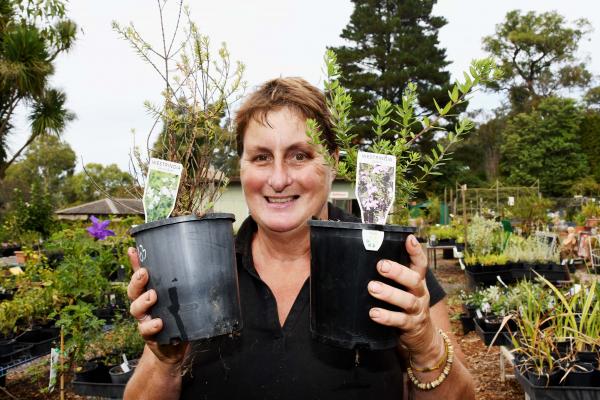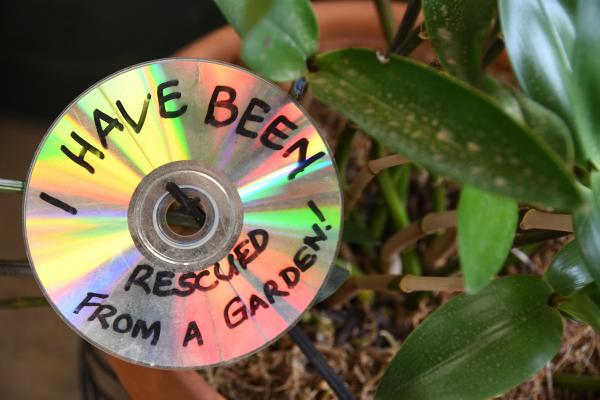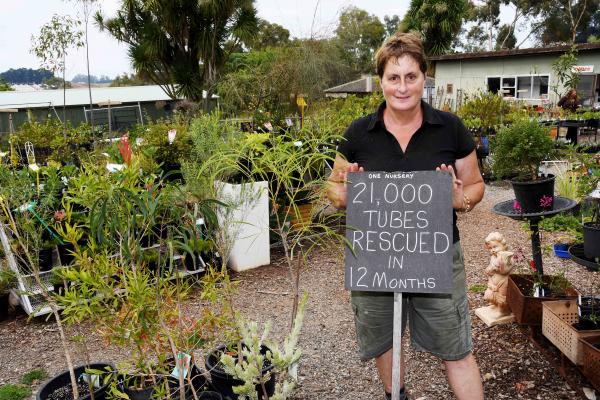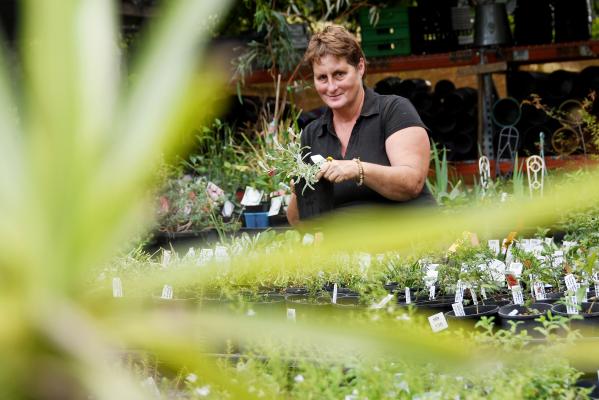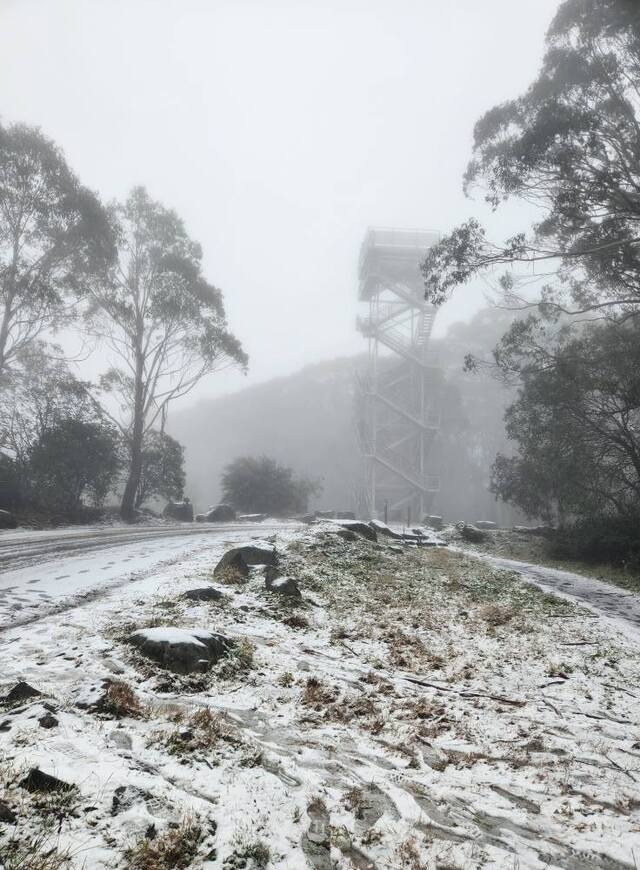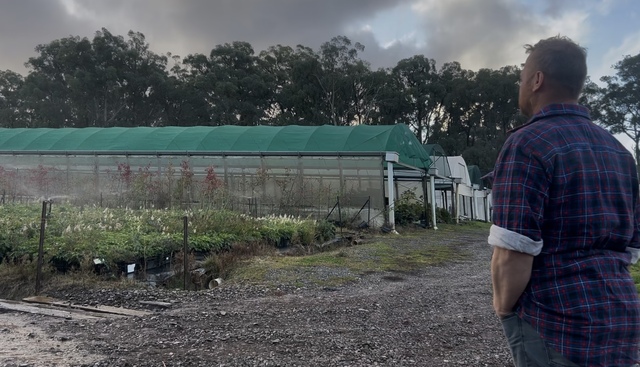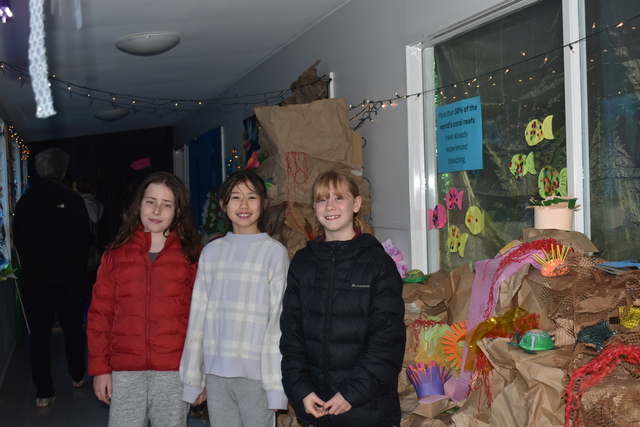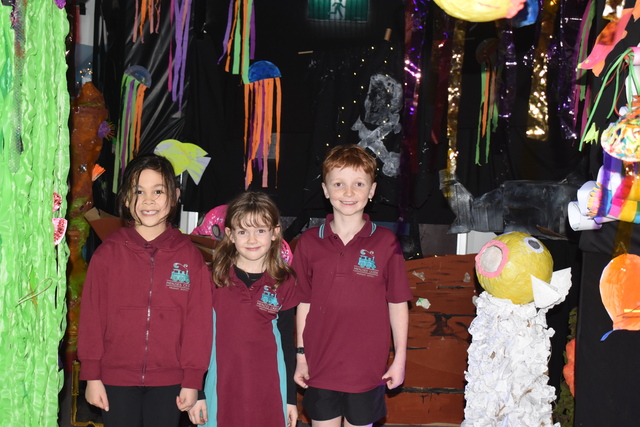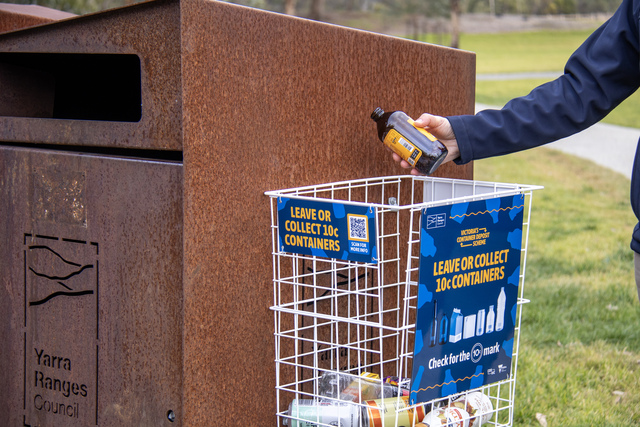When Donna Grundy first approached wholesale nurseries asking if she could have their waste, she felt as if she “may as well have been asking people to fly to the moon with [her] tomorrow, because it was such a strange concept”.
Fast-forward a few years, Ms Grundy’s passion for reducing waste in the horticultural industry has come to fruition, with her Silvan nursery successfully rehoming plants that would otherwise end up in landfill.
Her nursery, Recycled Roots and Leaves, takes “discarded” plants from wholesale nurseries across the Dandenong Ranges and Yarra Valley and gives them a second chance at life.
“Some people say it’s the op shop of plants,” Ms Grundy laughed.
Ms Grundy said the whole concept of rehoming plants came to her after working in the horticultural industry for over 25 years.
“I was at a crossroads with my work and thought, what am I going to do from here? I could see all these viable plants going into landfill or dumped out the back because they weren’t perfect, whatever perfect means,” she said.
Ms Grundy put a message on Facebook with her idea of a recycling-oriented nursery and received a “phenomenal response” from locals.
“So I came up with this idea of approaching wholesale nurseries and asking if I could help deal with their waste,” she said.
Ms Grundy said waste in the horticultural industry is “absolutely huge”, with plants that are “slightly-crooked” or not visually “perfect” often finding themselves tossed into the rubbish pile.
“They either get tossed out of site or into a skip bin with or without the plastic. The issue is that plants are full of fertilizers. The buildup of fertilizer gets into the soil which gets into groundwater. Most wholesale nurseries operate off ground water, or dam water. That water is contaminated with fertilizer so, in a sense, the extra fertilizer in the water is propping new plants up even more. In my experience, plants are grown way too quickly with far too much water in environments very different to the garden,” she said.
“The problem is, when plants are taken home to a garden, they don’t get the same attention they got in the wholesale nursery,” she said.
Her secret – “toughening up the plants”.
“Because they were rejected from the start, they toughen up here very quickly which makes it a tougher plant and not reliant on fertilizer or water, so when it gets into someone’s garden it’s a similar environment and I’ve given them the advice and the plants end up flourishing and surviving,” she said.
And the process seems to be working, with a wooden sign out the front of the nursery stating Ms Grundy has saved 21,000 tubes from one nursery in just 12 months.
“That is a drop in the ocean. That’s one nursery up here in the Hills, and they are everywhere up here,” she said.
But Ms Grundy isn’t just giving plants a new life, she’s also helping to improve the lives of locals.
She runs a range of disability programs, a community garden and supports women by providing a “safe, inclusive happy and positive environment”.
Ms Grundy said a girl, who has a disability, has been able to drop a few days at her full time job after Ms Grundy encouraged her to sell her “little suckers” at the Silvan nursery.
“She has become a business woman, making her own decisions and empowering herself, which is really important,” she said.
Several volunteers also attend the site weekly to help with potting, mulching, and most importantly – to feel included.
“I’ve had women with specific issues going on who don’t feel safe and have all sorts of demons they might be dealing with, and they come here and it provides them a safe space where they feel inclusive,” she said.
From the moment you step foot on Ms Grundy’s site, the eyes struggle to find something “new”, from the recycled pots, to the once-loved tables, rusted signs and labels – everything has had a prior life.
“That is very deliberate. It’s about sustainability. Even down to the wheel on my wheelbarrow, I needed a new one, and thought, where can I get one that’s not new,” she said.
“My underlying message is all about sustainability and helping to reduce waste and environmental issues,“ she said.

